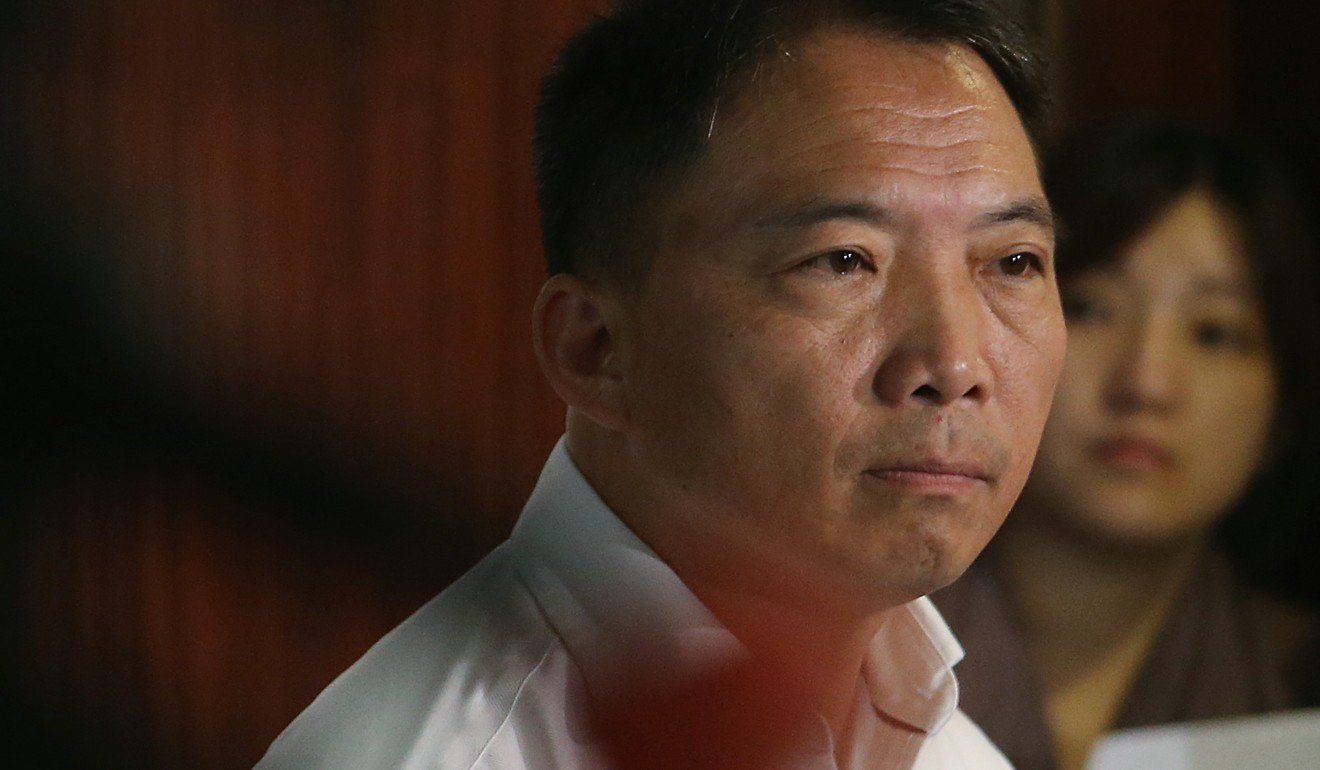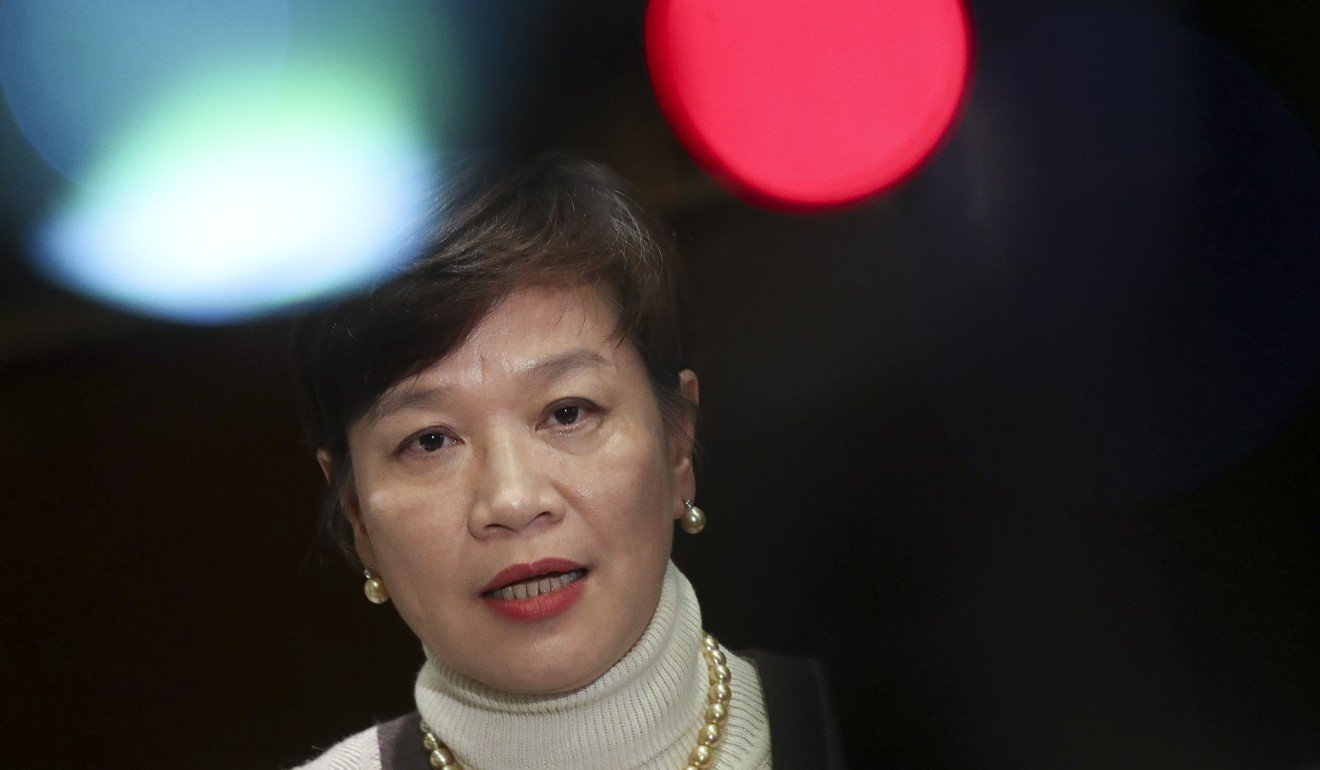
As government looks to mend ties, four pan-democrat legislators invited to join ceremony of cooperation between Hong Kong and Shanghai
Three agree to turn up but Wu Chi-wai rejects the offer, saying his presence would be pointless
In an unprecedented move, four pan-democratic legislators were invited to join Hong Kong’s leader and government officials for a ceremony at which the city will sign agreements to enhance cooperation with Shanghai.
But only three of them agreed to show up at the Friday event, the one holdout saying to do so would be pointless.
The move, seen as another step towards building a cordial relationship between the pro-democracy camp and the government, came after nine pan-democrats took part in a Legislative Council visit to mainland China in April.
Three of the four pan-democrats invited said they would accept, but all four of the pro-establishment lawmakers said they would have to skip it because of prior engagements.
“I have never been invited for this kind of ceremony. I believe this is a special arrangement,” Ip Kin-yuen, lawmaker for the education sector since 2012, said.
Ip, who was invited in his capacity as vice-chairman of the panel on education, said the government’s gesture was positive.
Joining Ip will be Kenneth Leung Kai-cheong, who represents the accountancy sector and chairs the financial affairs panel, and the Civic Party’s Dennis Kwok, from the legal sector.
“Any economic cooperation which can provide more [career] opportunities for our youngsters and the young professionals is good,” Kwok said. “The precondition is that it doesn’t undermine the principle of ‘one country two systems’.”
Leung said: “We keep criticising the government, but on the other hand we believe in the need to keep a dialogue with it.”

Standing in contrast to them was Democratic Party chairman Wu Chi-wai, who turned down the invitation. The chairman of the Legco panel on commerce and industry said: “What is the point of attending [the ceremony]? My presence would have nothing to do with the agreements.”
Surprisingly, four pro-establishment chairmen or deputy chairmen were set to miss the event. Priscilla Leung Mei-fun and Christopher Cheung Wah-fung were scheduled to be out of town, while Ann Chiang Lai-wan and Peter Shiu Ka-fai said they had other plans.


